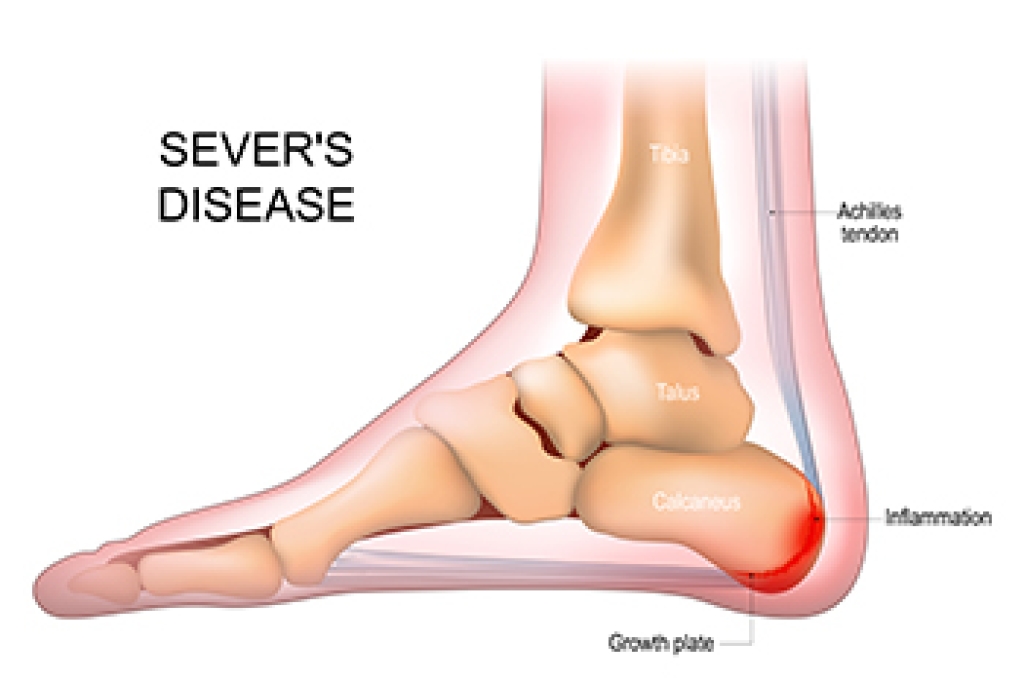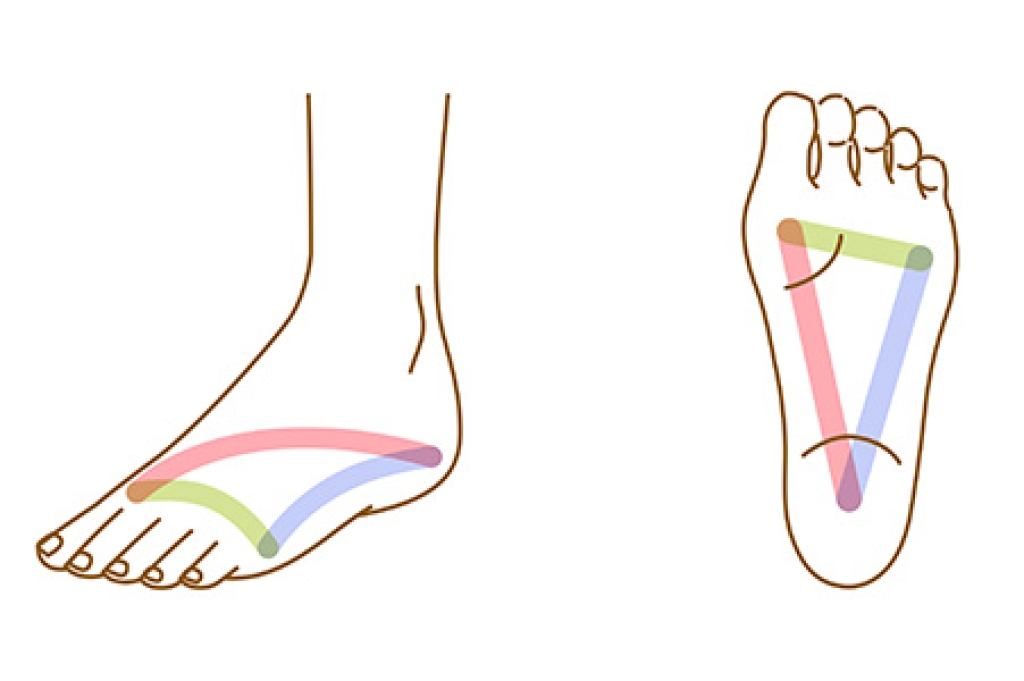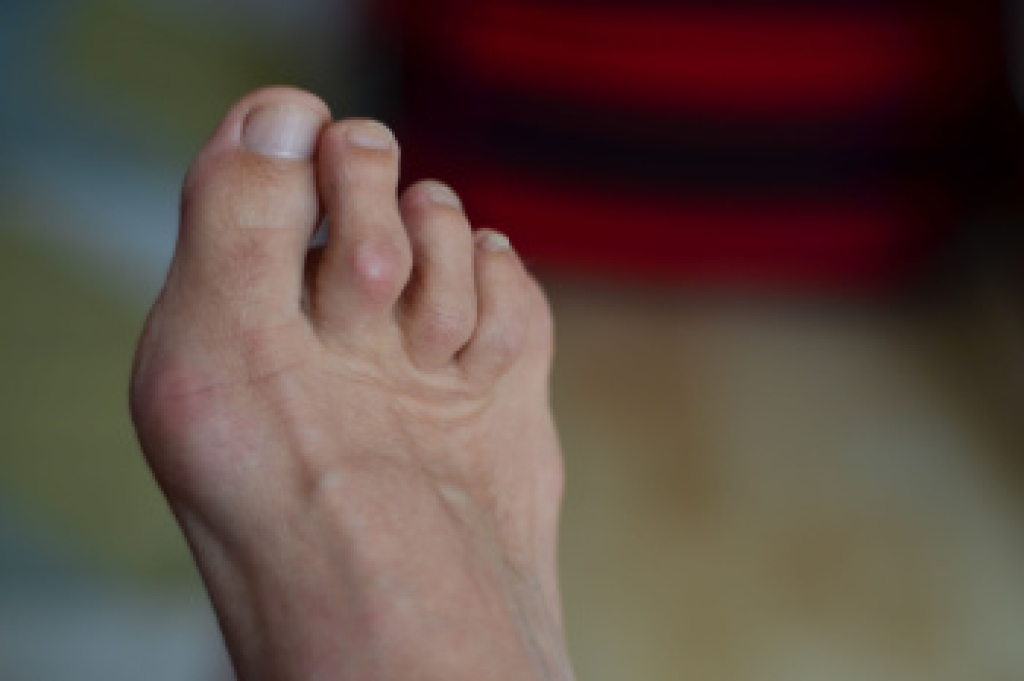
Sever’s disease is a common source of heel pain in growing children, particularly those who are active in sports. It occurs when the growth plate in the heel becomes inflamed, often due to repetitive stress or overuse. Symptoms include tenderness, swelling, and pain in the back of the heel that worsens during physical activity. Risk factors include rapid growth, high levels of athletic activity, tight calf muscles, and wearing improper footwear. A podiatrist can evaluate the condition, recommend stretching and strengthening exercises, provide supportive footwear or orthotics, and offer strategies to reduce stress on the heel. If your active child has heel pain, it is suggested that you consult a podiatrist who can provide effective relief and management tips.
Sever's disease often occurs in children and teens. If your child is experiencing foot or ankle pain, see one of our doctors from Favor Foot Ankle Leg & Wound Center. Our doctors can treat your child’s foot and ankle needs.
Sever’s Disease
Sever’s disease is also known as calcaneal apophysitis, which is a medical condition that causes heel pain I none or both feet. The disease is known to affect children between the ages of 8 and 14.
Sever’s disease occurs when part of the child’s heel known as the growth plate (calcaneal epiphysis) is attached to the Achilles tendon. This area can suffer injury when the muscles and tendons of the growing foot do not keep pace with bone growth. Therefore, the constant pain which one experiences at the back of the heel will make the child unable to put any weight on the heel. The child is then forced to walk on their toes.
Symptoms
Acute pain – Pain associated with Sever’s disease is usually felt in the heel when the child engages in physical activity such as walking, jumping and or running.
Highly active – Children who are very active are among the most susceptible in experiencing Sever’s disease, because of the stress and tension placed on their feet.
If you have any questions, please feel free to contact our office located in South Amboy, NJ . We offer the newest diagnostic and treatment technologies for all your foot care needs.




